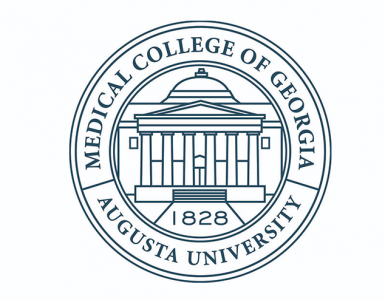Technology that enables an unprecedented, high-resolution look for all structural variants in our genes that are known to cause cancer can outperform standard tests used today for common blood cancers like leukemia, researchers report.
It’s called optical genome mapping, or OGM, a longtime research tool making its way into health care.
Now the first study to standardize precisely how to use OGM for patients with a wide range of blood cancers indicates it can duplicate what existing tests find, provide better insight on the variants those tests identify and find additional variants, information that should improve patient outcomes.
“This is the first study to try to standardize the way we need to investigate these structural changes in hematologic malignancies using OGM for patients,” says Ravindra Kolhe, MD, PhD, molecular pathologist and interim chair of the Department of Pathology at the Medical College of Georgia.
“The bottom line is that by using technology like this, we will be able to make a better, more specific diagnosis, better classify the cancer, give a better prognosis based on that classification and enable better therapy choices,“ says Kolhe, corresponding author of the study published in The Journal of Molecular Diagnostics.










